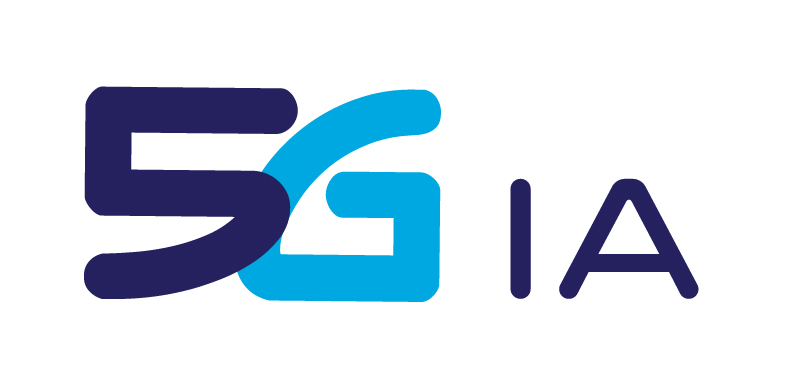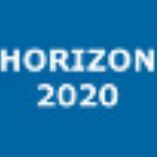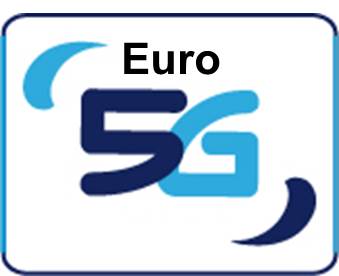

- About us
- Getting Involved
- Plans & Papers
- Events
- European 5G Activities
- Media & News
- Contact
One project to bind them all: how Euro-5G successfully coordinated 5G PPP research efforts
Coordinating 20 projects running at the same time, all working on a technology as ambitious and important as 5G networks is not an easy task. The Euro-5G project successfully rose to this challenge.
 The European Commission considers 5G as the “most critical building block of our digital society in the next decade” – a market it intends to lead by investing as much as EUR 700 million in research and innovation for the period 2014-2020. Now in its second phase, the 5G PPP has already given birth to a total of 40 projects in which the EU industry is also
The European Commission considers 5G as the “most critical building block of our digital society in the next decade” – a market it intends to lead by investing as much as EUR 700 million in research and innovation for the period 2014-2020. Now in its second phase, the 5G PPP has already given birth to a total of 40 projects in which the EU industry is also
investing massively.
In such context, coordination is key: Not only to ensure that all projects are moving in the same direction, but also to bring synergies that will boost innovation. This bond was, until September 2017, embodied by the Euro-5G project.
“As a facilitator of the 5G-PPP programme, Euro-5G helped the different consortiums to achieve better results and more coherence, through the effective management of inter-project communication and collaboration,” David Kennedy, coordinator of the project, explains. The point was to accelerate consensus, and ultimately to create a market with competitive products and important benefits for EU citizens. The project’s strategy to succeed in this mission was essentially twofold. First, the team communicated with other projects and made sure that they understood the programme level requirements of the 5G-PPP. A cross-project collaboration was drafted with help from the 5G Infrastructure Association (5G-IA – which represents the private side of the 5G PPP) and signed by all phase 1 and phase 2 participants. Then, the 5G PPP steering board was created with a view to reviewing cross project and joint activities such as conferences, demonstrations and position papers.
“The project was able to meet all its objectives, despite how big of a paradigm change 5G is when compared previous generations of mobile communications. Major highlights include the establishment of the website as a major portal for the European work on 5G,” Kennedy says.
The website acts as a central point for the dissemination of information on 5G-PPP work and has attracted over 100,000 visitors. It includes an important library of position papers and other documents from cross-project working groups on subjects like 5G Architecture, 5G for the vertical
sectors, and, most recently, the European strategy for 5G trials.
The website acts as a central point for the dissemination of information on 5G-PPP work and has attracted over 100,000 visitors. It includes an important library of position papers and other documents from cross-project working groups on subjects like 5G Architecture, 5G for the vertical sectors, and, most recently, the European strategy for 5G trials. “By publishing such high-quality papers and presenting them at global events, we could ensure a high uptake of the European views on 5G globally. Euro-5G also facilitated an inter-continental memorandum of understanding (MoU) to have a series of Global 5G events to harmonise views on 5G,” Kennedy explains. One of these conferences was organised in Rome by Euro-5G. It highlighted European achievements in 5G and helped achieve significant progress on a global agreement towards common strategies for implementing 5G.
All in all, Euro-5G succeeded in making the first phase of the 5G PPP a real success, as Kennedy explains: “The 5G PPP has proved to be quite effective by having projects of a size that is manageable and allowing the main effort to be focused on the technical issues. Whilst inter-project coordination represents only a small proportion of the project management effort per project, it still allowed for strong coordination on technical issues.”
Drawing from their experience, the consortium proposed a new support action for phase 2 of the 5G-PPP which was accepted, with modified
ambitions reflecting the evolution of the program. “The lifetime plan of the 5G-PPP envisages on average 20 projects running in parallel, with two potential peaks where phases overlap. Our experience in phase 1 tells us that the 5G-PPP could have integrated more projects from an organisational point of view and, perhaps, should have from a technical point of view considering the scale of the 5G challenge” Kennedy concludes.
###
 Euro-5G
Euro-5G
Project ID: 671617
Funded under: H2020-EU.2.1.1.3
Country: Germany
Domain: Information and communication technology







Share On